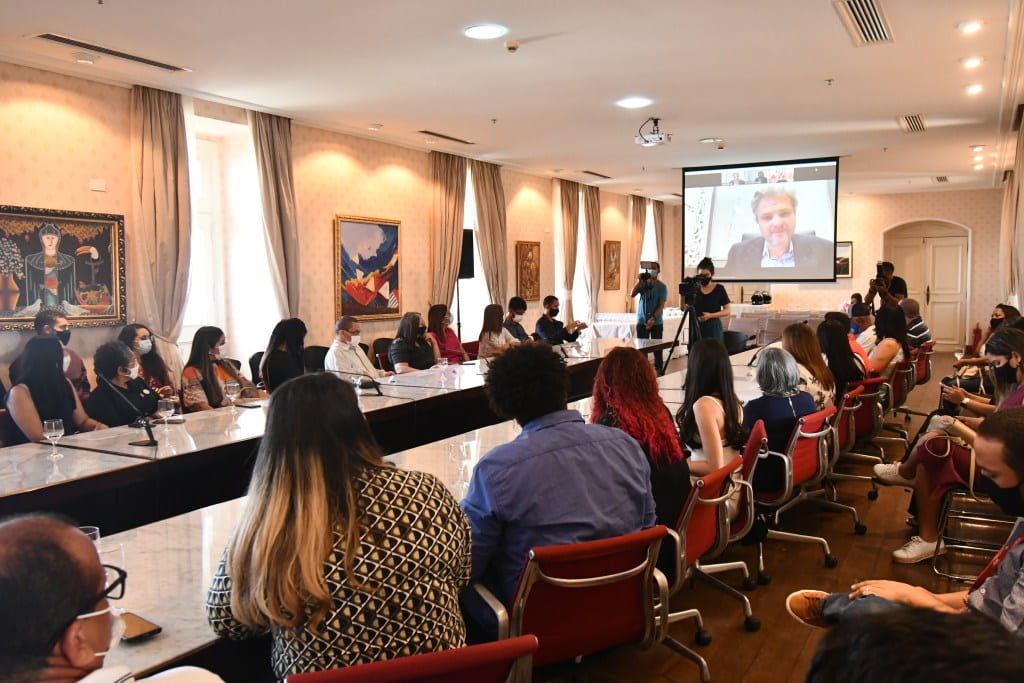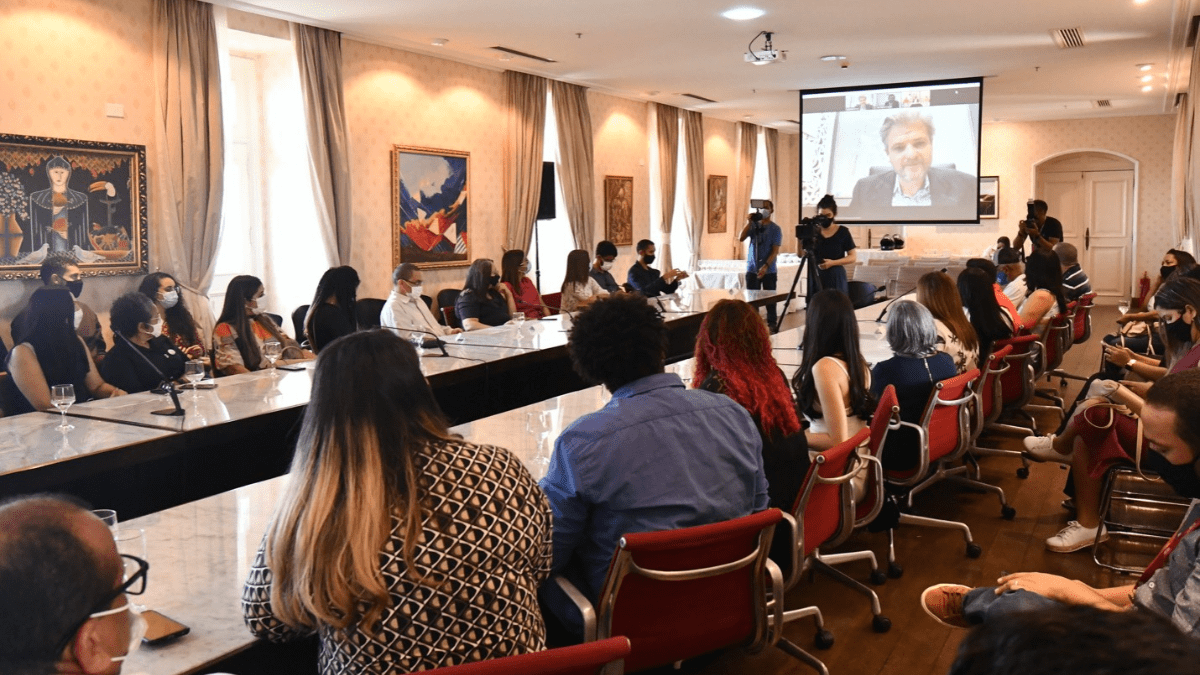written by Salimah Samji

In August 2021, we began an engagement with Instituto Sonho Grande (ISG) in Brazil to build the capability of public servants working in secretariats of education in the states of Maranhão and Paraíba.
In this virtual action learning program, 60 public servants working across 11 teams, learned how to use PDIA to solve locally nominated problems, through action-oriented work.
The teams in Maranhão worked on the following problems:
- Low learning in Mathematics
- High teacher turnover
- School dropouts
- Age-grade distortion
- School feeding programs
The teams in Paraíba worked on the following problems:
- Low learning in Portuguese and Mathematics
- Vacancies for Teachers and Technicians
- Data for strategic decision making
- School infrastructure
- Clarity of roles and responsibilities
- Budget execution
We met with the teams virtually every week for the first two months and then every two weeks for the last two months.
Since neither Matt, nor I, speak Portuguese, ISG provided a translation service on zoom to provide real-time translation for our sessions. ISG also provided four coaches who regularly met with the teams both virtually and in-person. They were our eyes and ears on the ground. In addition, Tim McNaught, who is a former BSC Fellow and has worked on our PDIA engagements in Albania, Sri Lanka, Africa, and Honduras, also supported the project. Since he speaks Portuguese, he was able to join meetings with the authorities to define the initial teams and problems, provide oversight on the translation of materials, and train the coaches.
Over the period of four months, the teams constructed and deconstructed their problems, identified entry points and ideas to act upon, and undertook four iterations.
At the end of the program:
- 94% rated the overall quality of program as very good or excellent
- 94% of the participants said that working in teams was effective or very effective
- 98% rated the group work as useful or very useful.
“I’ve learned that we can and should get involved in solving problems, no matter how difficult or complex they seem, and that we are capable of reaching the highest levels, for a good cause.”
A positive externality of this engagement was the translation of our materials into Portuguese, which we have now made publicly available. These include:
- Doing Problem Driven Work
- Doing Iterative and Adaptive Work
- Managing your Authorizing Environment in a PDIA Process
- A Problem-Driven Approach to Education Reform: The Story of Sobral in Brazil
Feel free to share these with those who might find it useful!
